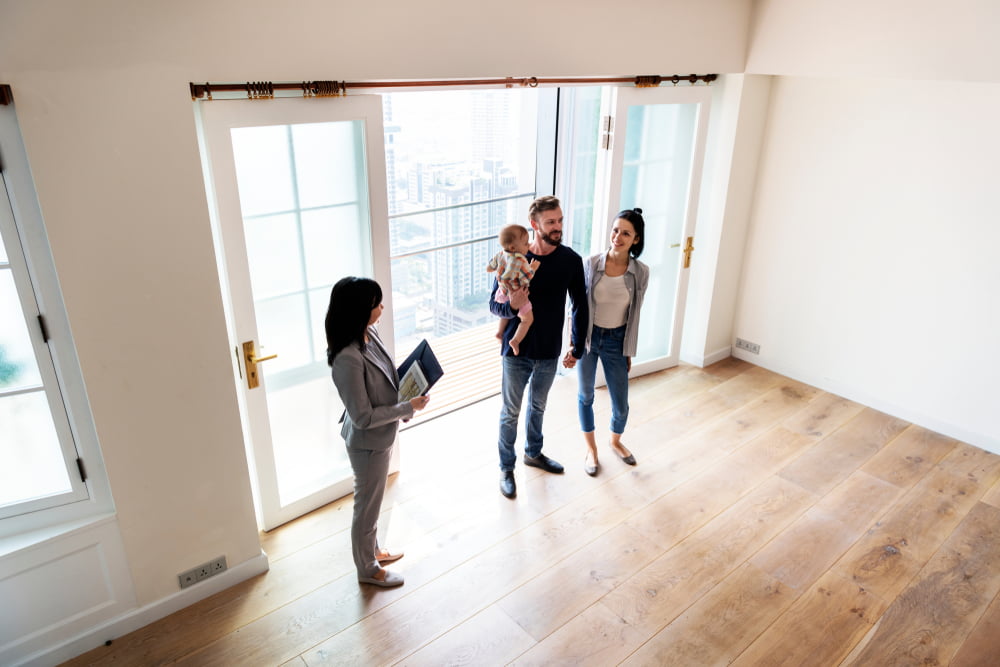Choosing your dream home is about more than simply falling in love with the space. Here’s our checklist of things to think about before you put in an offer
You’ve done a second viewing, shown friends the Rightmove link and fallen in love with the bay windows, period features or open-plan kitchen-diner. Of course, the house itself is a major factor when buying a property… but it shouldn’t be the only factor. After all, while your home is your sanctuary, you still need to socialise outside of it, get to work and potentially send your children to school nearby. So, before you put that all-important offer in, here are eight things you should consider…
1. Price
Even though it might be tempting to blow your entire budget on a dream home, you don’t want to leave yourself in a position where your day-to-day quality of life is affected because every penny you earn is going on your mortgage repayments. Even if you’re not planning to buy immediately, speaking to an experienced mortgage broker will give you a clear understanding of what you can afford.
2. Location
It’s no good buying your ‘perfect’ home if the area it’s in doesn’t suit your lifestyle or needs. If you’re moving to a new area, spend time there before offering on a property: what sort of feel does it have? Do the entertainment offerings (think restaurants, pubs, shops, cinemas) suit your needs? What reputation does the area have? Is it prone to flooding? Doing your research now could save you hassle in the long run.
3. Commute time
If you work outside of the home, this is a biggie. What are local transport links like, and how long are you prepared to spend travelling every day? How much will it cost? Be realistic: a two-hour each-way commute might sound doable in your head, but try it out before committing.
4. Schools
Considering nearby schools is important if you have children (or plan to). What’s their reputation like? Checking their latest Ofsted rating can give you a good idea. Does your potential new home fall within the catchment area for your preferred school? Even if children aren’t a factor, it’s worth considering the proximity of schools. Buying a property in the catchment area of a good school means it’s likely to hold its value, as families will always want to move to that area. Conversely, this can push the property’s price up in the first place, meaning you might be paying over the odds for a service you don’t require.
5. Parking
If there’s a garage and/or a driveway at the property, this is great for ease and peace of mind and can also positively impact your car insurance. If not, what’s on-street parking like? Are you guaranteed to be able to park outside the property?
6. Condition
You might love the idea of a period property or think taking on a renovation project sounds fun, but it can be a serious commitment. Be honest with yourself when it comes to how long renovations will take and how much time, effort and money you’re willing to invest.
7. The immediate neighbourhood
It’s not just about what’s on offer in the village/town/city centre: your immediate neighbourhood is just as (if not more) important. What do the neighbours seem like? Does the street look neat, tidy and litter-free? Are any planning permission applications underway that might impact the property you wish to buy? Visit the area at different times, in the evening and the daytime, to check the street feels safe.
8. Potential drawbacks
It’s no good going into the house-buying process with your rose-tinted glasses on, however much you love a particular home. Draw up a list of all potential drawbacks (such as being on a busy road, being miles away from the nearest rail station, or having high crime statistics) and seriously consider whether you can live with them. Being honest with yourself now could save lots of future hassle.

